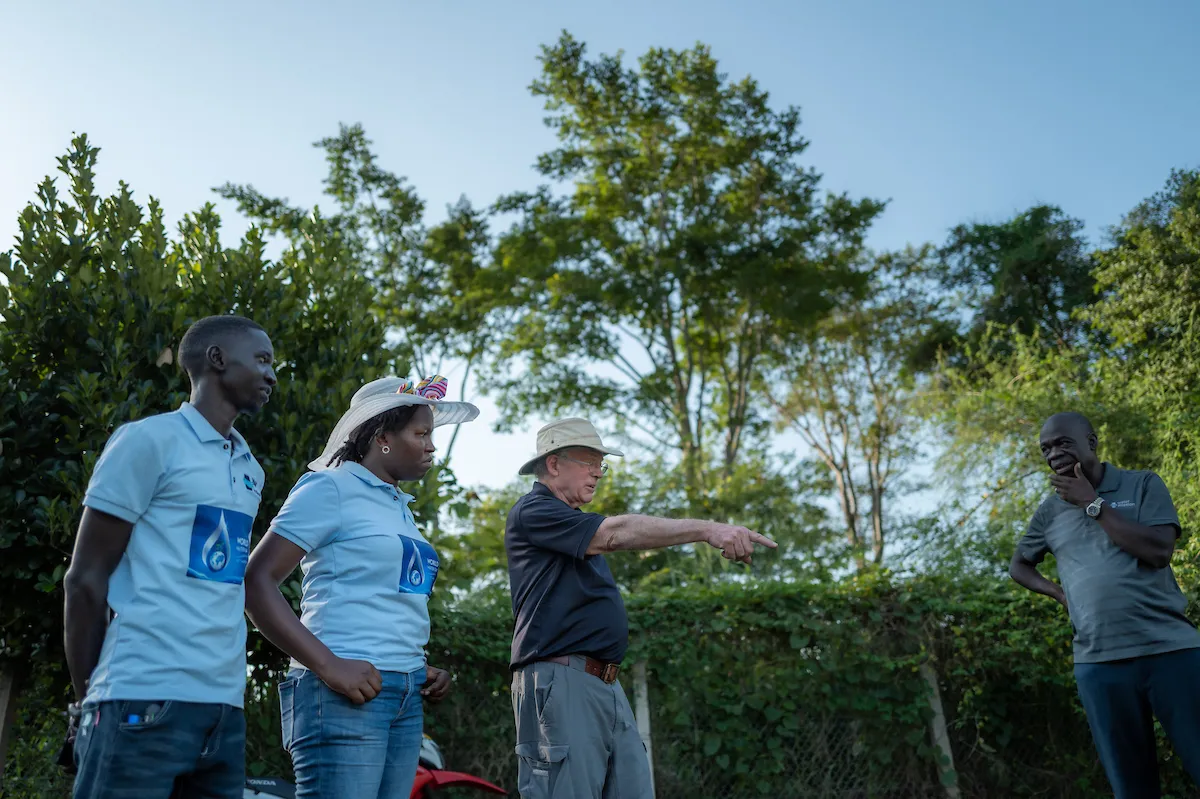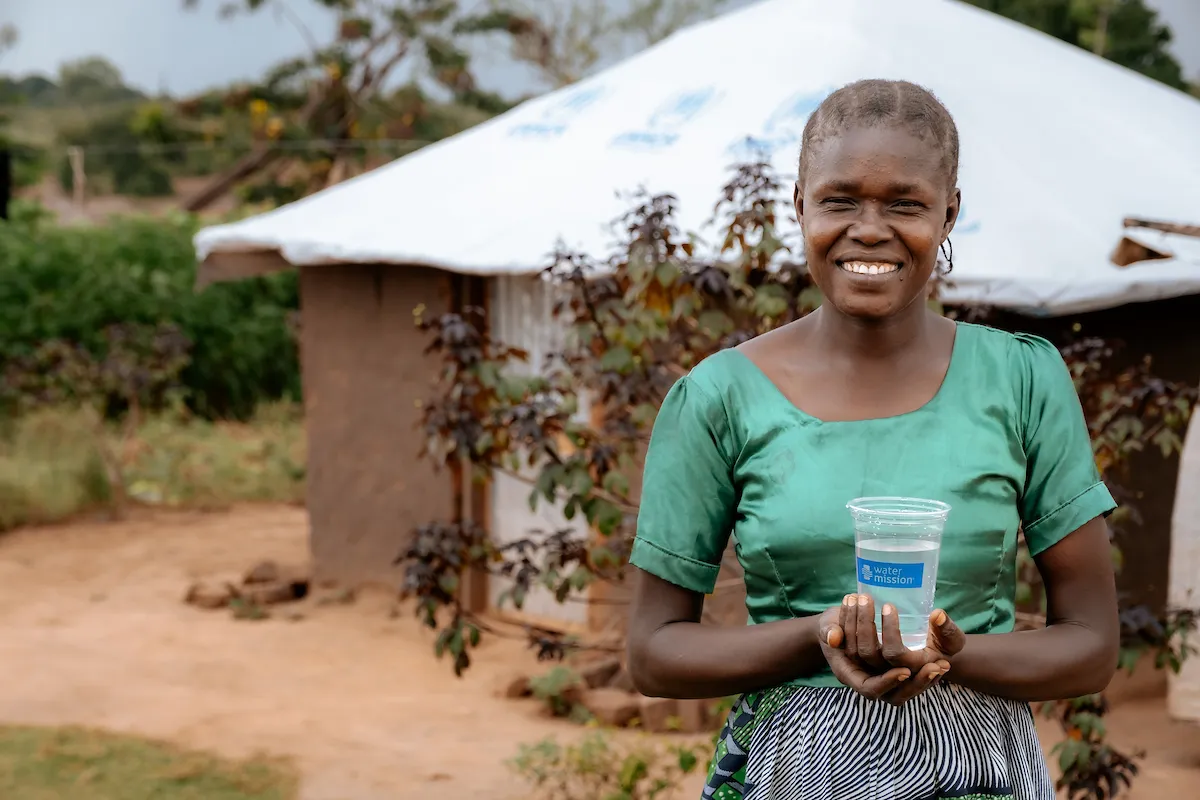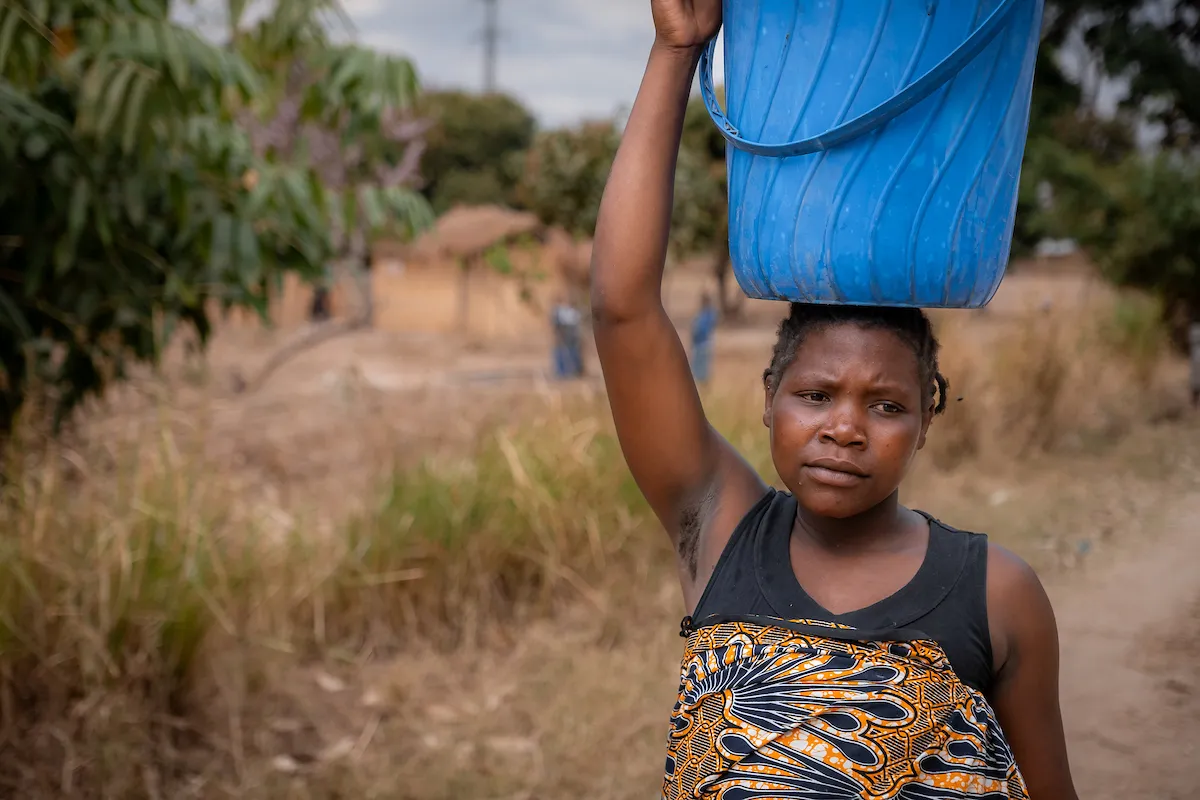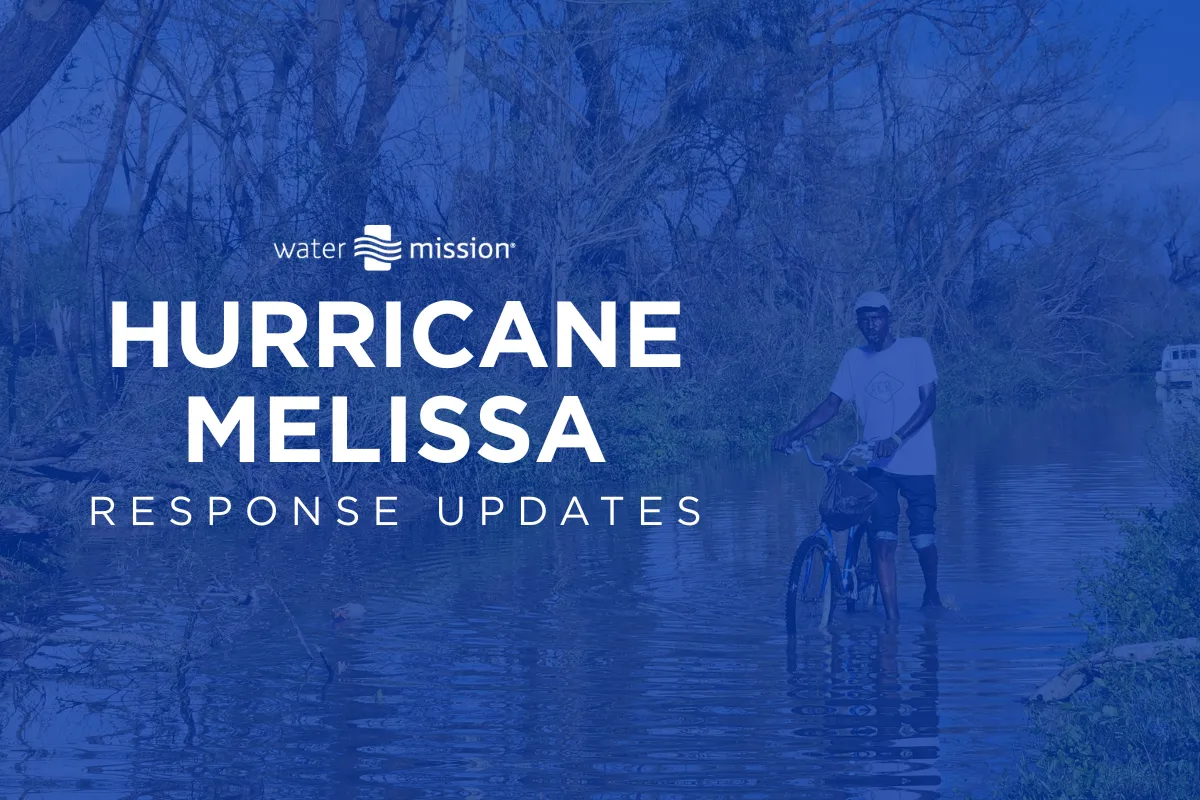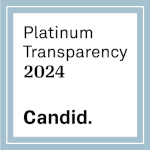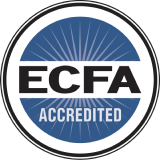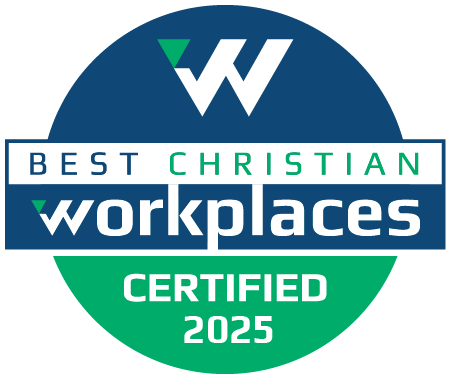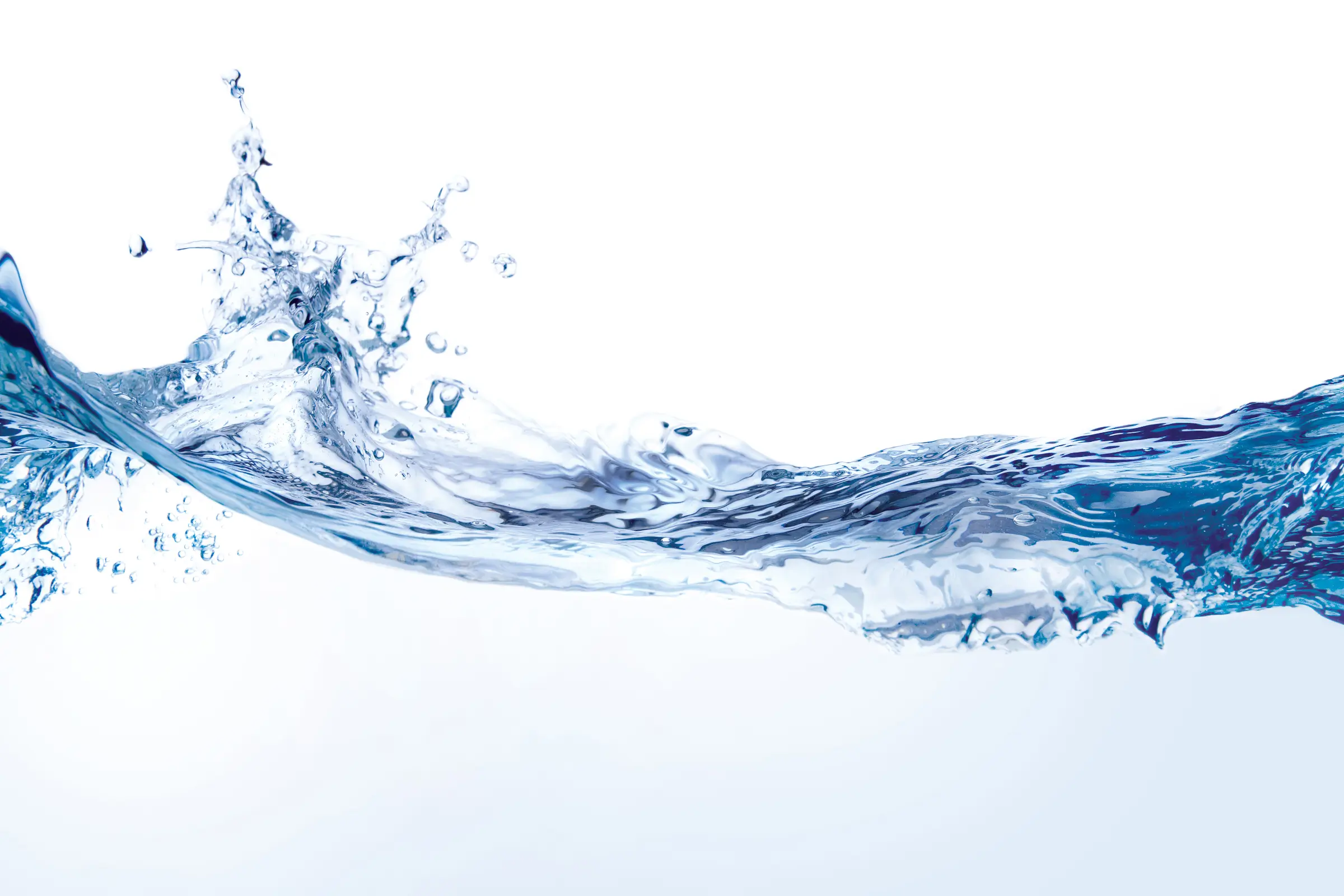Uganda
Known as the “Pearl of Africa,” Uganda is known for its stunning landscapes and abundant wildlife. Despite its beauty, the country suffers from seasonal drought, regional instability, and climate-related challenges. Poverty rates have decreased dramatically in the past 30 years, but many Ugandans are still vulnerable. The government has invested in critical infrastructure to make water more accessible to rural communities—home to more than 75% of Uganda’s population.
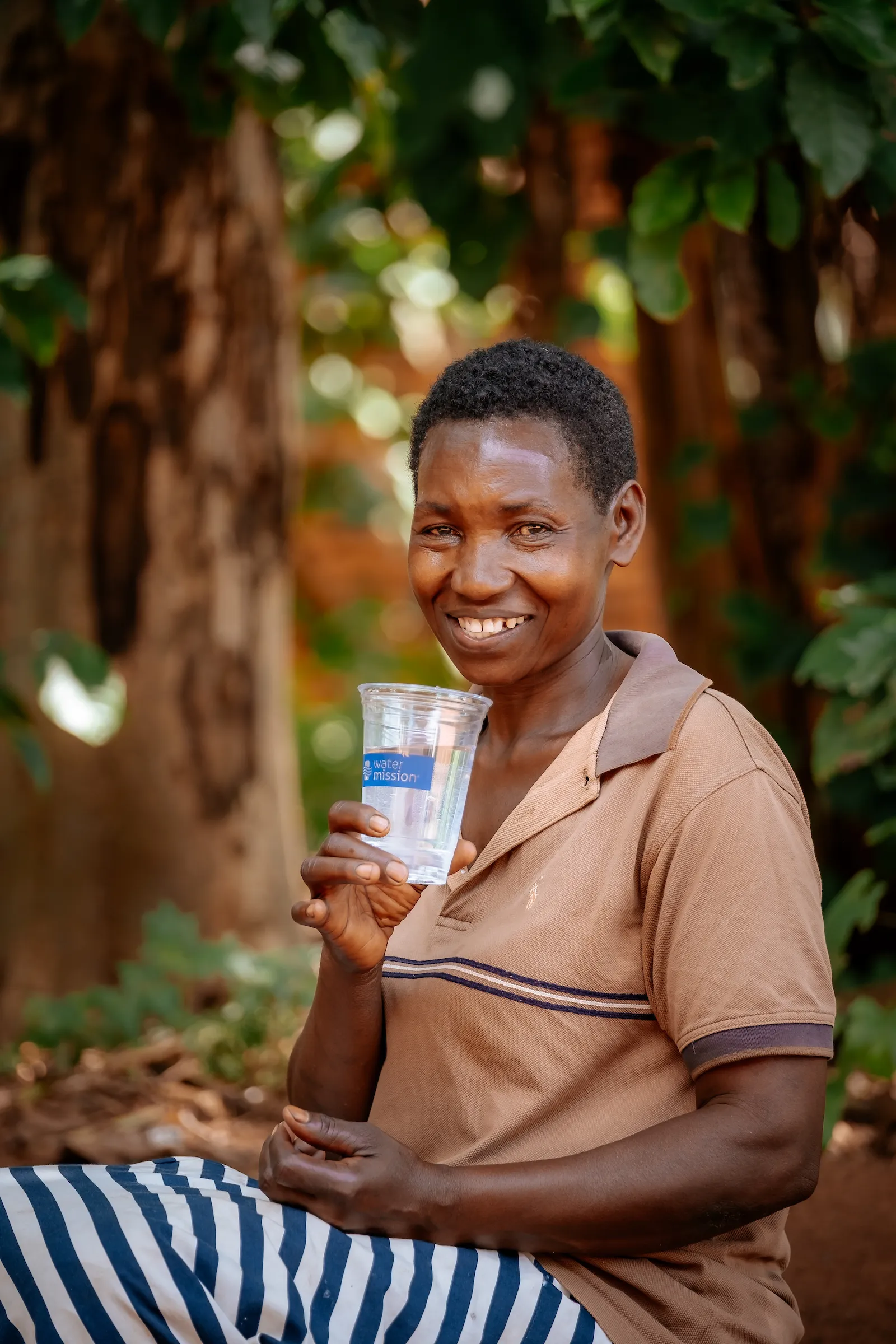
Water Mission's Impact in Uganda to Date
Given first-time access to safe water.
Being served with safe water through ongoing operation and maintenance.
Served with sanitation solutions.
Served with hygiene solutions.
The Need for Safe Water in Uganda
International Poverty Rate
42% of the population lives on less than $2.15 per day.
Safe Water
81% of the population lacks access to safe water.
Sanitation
79% of the population lacks access to sanitation.
Basic Hygiene
69% of the population lacks access to basic hygiene.
Despite government investment in rural infrastructure, treated water is limited or nonexistent. Most of the population (81%) lack access to safely-managed drinking water, so many people collect water from polluted swamps, ponds, and unprotected springs. Because women and girls are solely responsible for collecting water, they are at risk of experiencing assault.
Lack of access to sanitation solutions in rural areas is another challenge. Most of the population (79%) lacks access to basic sanitation, and many people practice open defecation. Uganda currently hosts more than 1.8 million refugees who have fled violence and civil unrest in South Sudan and the Democratic Republic of the Congo. This influx further strains northern Uganda’s limited water and sanitation services.



Water Mission in Uganda
Water Mission has been working in Uganda since 2007, providing safe water, sanitation, and hygiene (WASH) solutions to more than 1 million.
Water Mission serves rural communities in the East Nile region, as well as refugees and host communities in the West Nile region. In rural areas, we use a community-focused approach, involving local residents in the installation, operation, and maintenance of safe water systems while ensuring that the most economically disadvantaged are not denied access to safe water. In refugee settlements, we partner with UNHCR to provide sustainable WASH services. We also integrate Living Water into our work, equipping local churches to share the gospel by meeting physical and spiritual needs.
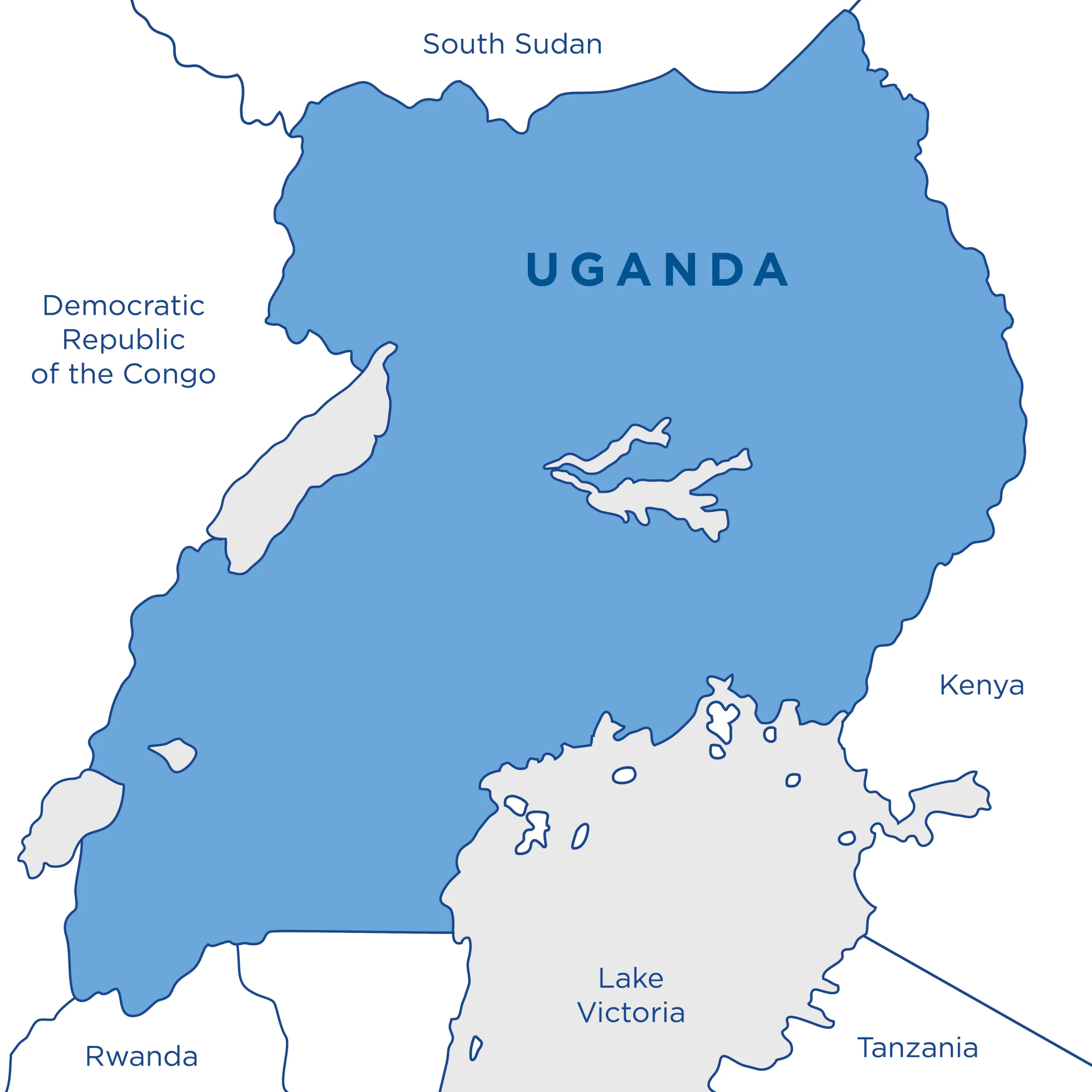
Our Solutions
Design and build customized solutions using best-in-class technology and water treatment methods. Each community-based water project in Uganda is characterized by:
- Community partnership for sustainability and follow-up;
- Long-term support for previously installed projects;
- Unique technical solutions for challenging contexts;
- Continuous improvement and innovation in sustainable delivery models; and
- Prioritizing private piped connections to institutions and households.
Build community leaders’ WASH awareness, train WASH promoters, and engage communities with sustainable and affordable sanitation and hygiene solutions they can support, including:
- Latrines that are built with locally sourced materials and labor that bring dignity to individuals and families; and
- WASH promotion and educational materials to teach healthy WASH behaviors in neighborhoods, schools, and healthcare facilities.
- WASH facilities, such as washrooms and group handwashing stations, in schools.
Respond to natural and humanitarian disasters in various ways, including:
- Emergency water treatment systems for communities, households, and institutions like schools and healthcare facilities;
- Handwashing stations in healthcare facilities and other high-traffic areas.
Install WASH solutions in refugee settlements and host communities, partnering with refugees and host community members to educate others on healthy WASH practices. Facilitate crisis and trauma healing sessions for those who have experienced trauma.
Water Mission’s Strategy in Uganda
All forcibly displaced and host communities benefit from a healthy natural environment and improved social services. Communities have scaled-up access to safely-managed water sources through professionally-managed piped water systems.
West Nile region (Yumbe, Terego, Madi Okolo) and East Nile region (Luuka and Buyende).
Community Managed Plus and Rural Water Cooperative.
Rural communities, camps for refugees, host communities, schools, and clinics.
Our Team
Our dedicated team in Uganda is made up of 180+ staff members, led by the following leadership team.
Main Office
Plot 19, Wilson Avenue
Jinja, Uganda
+256-414-680-106
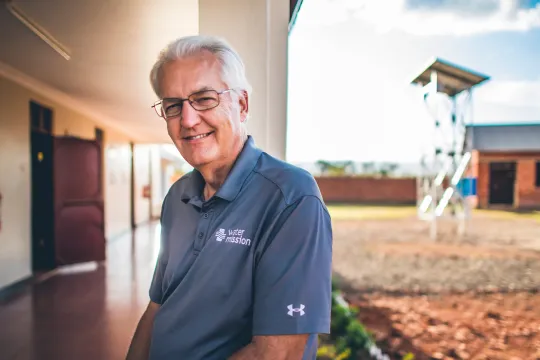
Will Furlong, PE
Regional Director, Africa
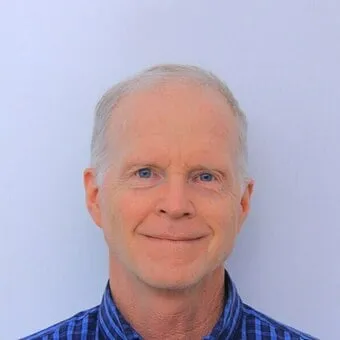
Paul Murphy
Country Director, Uganda
Impact Stories
